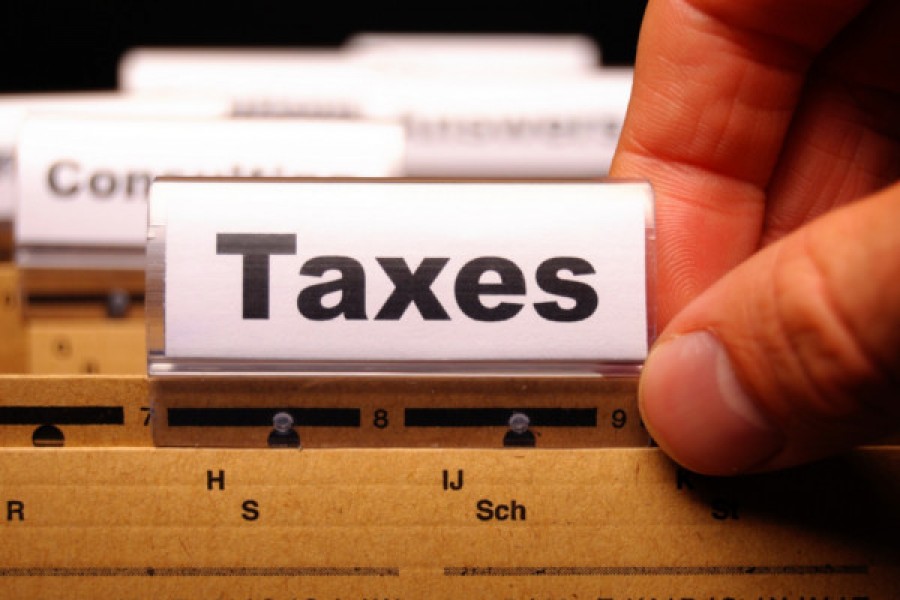A few issues that the leaders of the Metropolitan Chamber of Commerce and Industry (MCCI) placed before Finance Minister AMA Muhith early this week, need to be considered from a proper perspective and thus, addressed in a practical manner. This is required for the sake of fairness and justice, if not anything else. Taxation retrospectively was one issue that the MCCI, one of the country's leading trade representative bodies, wanted the government to deal with, and to make all tax-related measures pro-actively supportive of businesses. In this context, there is no denying that relevant laws need to be definitive and prospective for proper operation of any country's taxation system. When the state ensures such an environment, taxpayers get the scope to regulate their own behaviour with a view to reducing tax-related risks. Besides, businesses under prospective tax measures can make informed business decisions and corporate taxpayers can then also follow the track properly in pursuit of appropriate dividend policies.
In response to the MCCI's pleadings for making effective all tax-related matters prospectively, the finance minister has rightly described the method of giving new tax measures retrospective effect as being archaic, embedded in tradition-based practices. He has, however, expressed doubts whether he would be able to change it. The debate over retrospective tax law is quite old; the practice is still in vogue in many developed and developing countries, despite the fact that many independent institutions in those countries have been strongly pleading for tax laws being prospective in nature. These institutions are quite right when they make assertion that an ideal tax system should be predictable, certain and stable.
The government here subjects the businesses to retrospective taxation in two different ways. It introduces, on one hand, the retrospective tax measures abruptly through the issuance of statutory regulatory orders (SROs) without giving the businesses sufficient time to adjust their practices. It levies, on the other, a number of tax measures from the day the Finance Bill is introduced in parliament without waiting for its adoption. Under certain conditions, the government might have to go for retrospective application of tax laws, notwithstanding its unpalatable implications on business activities. But it should exercise utmost caution while doing so and it should be applied in exceptional and rare cases.
The National Board of Revenue (NBR) is reportedly working now on the inclusion of 'prospective tax measures' in the new income tax law, set to be introduced from the next fiscal year, replacing the Income Tax Ordinance of 1984. The new piece of legislation is expected to provide for consistent tax rates for several years so that investors can make longer-term business plans. It is, thus, obvious that the tax authorities, too, are aware of the ill-effects of retrospective tax measures on business and investment plans. They are therefore trying to mend the existing shortcomings in taxation as far as possible.
The high cost of doing business is also an issue here that comes to the fore again and again. This particular factor is largely responsible for the current lacklustre performance of private investments. Businesses, individually and collectively, have been raising the issue before the policymakers. But there has not been any tangible change on the ground. The mindset of the bureaucracy and the state entities, dealing with trade and investment issues, has not changed much; they are still stuck up in the cobweb of rigid rules and regulations. For ensuring better business and investment environment, a change in outlook of the administration, alongside the efforts for making taxation prospective, is necessary.


